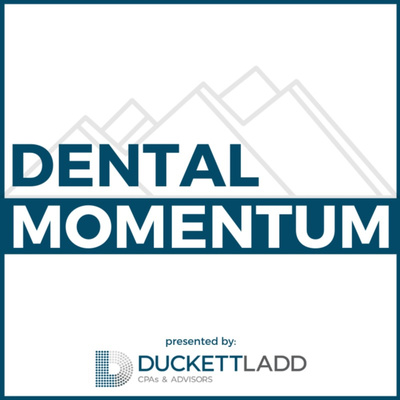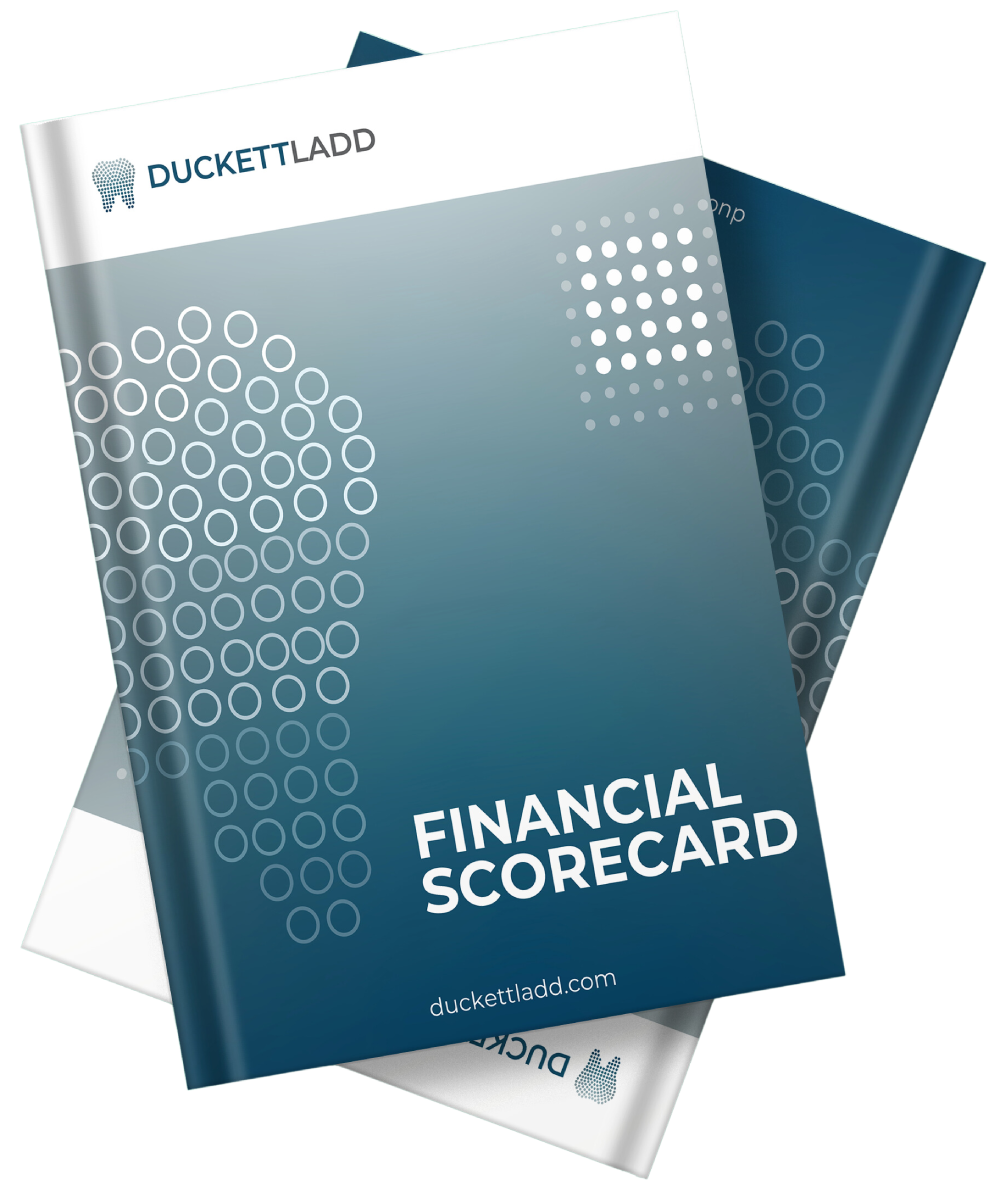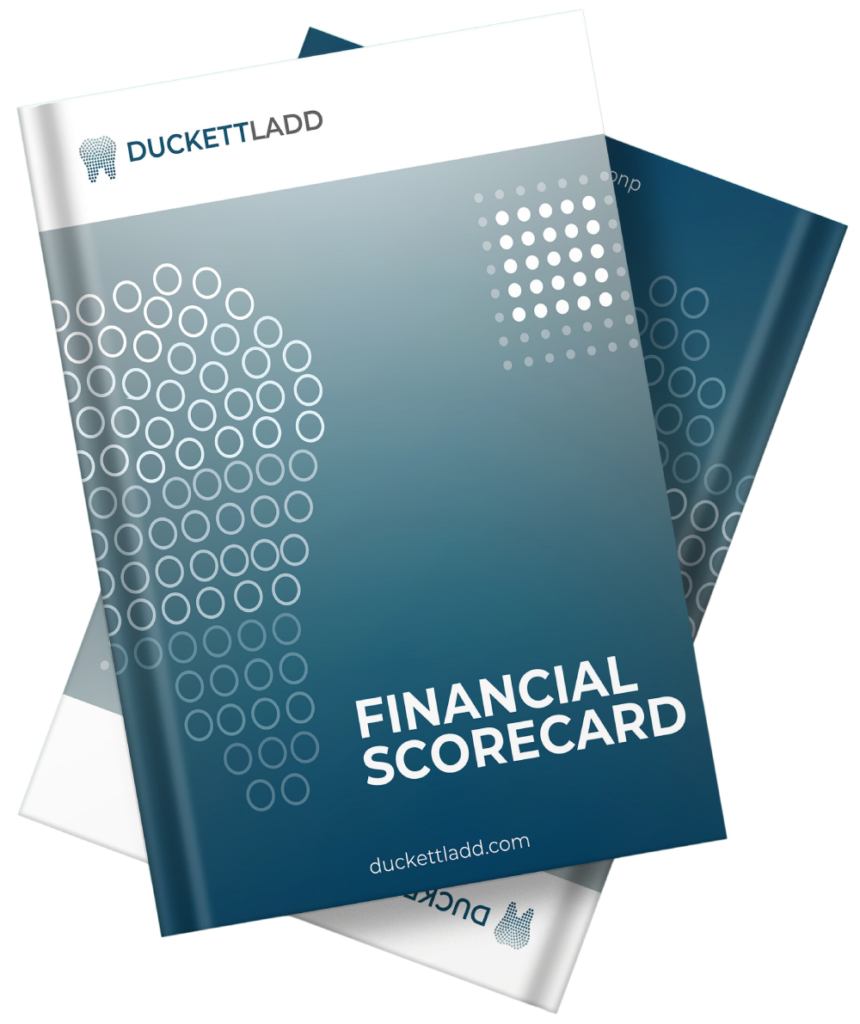Running a dental practice is no small feat. Alongside providing top-notch dental care, dentists must navigate the complex world of financial management. Unfortunately, even the most skilled dentists can stumble when it comes to the financial aspects of their practice. Recognizing and avoiding a common financial mistake is crucial for ensuring the long-term success and growth of your dental practice.
Let’s dive into some of the most prevalent financial pitfalls and how to steer clear of them.
Failing to Create a Comprehensive Budget
Not Planning is Planning to Fail
A startling financial mistake many dentists make is not having a detailed budget. A budget is your financial roadmap, guiding you through your fiscal year. Without it, you’re essentially flying blind, making it challenging to allocate resources effectively or plan for future investments. A comprehensive budget accounts for all possible expenses, including staffing, equipment, marketing, and emergency funds. This foresight allows for better financial planning and can prevent costly oversights.
The Importance of Regular Review
Moreover, creating a budget is not a one-and-done task. The most successful practices review and adjust their budgets regularly to reflect actual expenses and revenues. This ongoing process helps identify financial trends, areas for improvement, and opportunities for growth. It’s essential to stay agile, adapting your budget to meet the evolving needs of your practice and the market.
Underestimating the Cost of New Equipment
The Lure of the Latest Technology
In the world of dentistry, staying abreast of the latest technology is crucial for providing the best care. However, a common financial mistake is underestimating the cost of new equipment. The initial purchase price is just the tip of the iceberg. Maintenance, training, and potential downtime during installation can significantly add to the overall cost.
A Strategic Approach to Equipment Investment
Before making any substantial investment, conduct a thorough cost-benefit analysis. Consider the expected lifespan of the equipment, maintenance costs, and how it will improve patient care or operational efficiency. Sometimes, leasing equipment or purchasing gently used items can be a financially savvy alternative to buying new ones.
Ignoring Patient Payment Policies
The Perils of Payment Ambiguity
Another financial mistake is not having clear patient payment policies. When policies are ambiguous or not communicated effectively, it can lead to delayed payments, disputes, and even loss of revenue. Clearly defined policies help set expectations from the outset, ensuring patients understand their financial responsibilities.
Streamlining Payment Processes
Implementing streamlined payment processes, such as electronic billing and online payment options, can significantly reduce delays and improve cash flow. Additionally, consider offering payment plans for more expensive procedures, making it easier for patients to manage costs and for you to secure guaranteed revenue.
Neglecting to Plan for Taxes
The Tax Trap
Taxes can take a significant bite out of your practice’s profits if not properly managed. A common financial mistake is failing to plan for taxes throughout the year. This oversight can lead to a large, unexpected tax bill come filing season, potentially disrupting your cash flow and financial stability.
Proactive Tax Management
To avoid this, work with a dental financial advisor or accountant who specializes in dental practices. They can help you understand your tax obligations, identify potential deductions, and implement strategies to manage your tax liability effectively. Regularly setting aside funds for taxes can also prevent the year-end scramble to meet your tax obligations.
Overlooking the Importance of a Rainy Day Fund
The Unpredictable Nature of Business
Lastly, not having a rainy day fund is a financial mistake that can jeopardize the stability of your practice. Unexpected expenses, such as emergency repairs, sudden drops in patient volume, or economic downturns, can strain your finances.
Building Financial Resilience
Creating and maintaining an emergency fund provides a financial cushion that can help you navigate through tough times without compromising the quality of your services or the health of your practice. Start small if necessary, but aim to grow this fund over time to cover several months of operating expenses.
Ensure the Financial Health of Your Dentist Practice
Avoiding these common financial mistakes requires diligence, planning, and a proactive approach to financial management. By creating a comprehensive budget, carefully planning equipment investments, implementing clear patient payment policies, planning for taxes, and maintaining a rainy day fund, you can ensure the financial health and longevity of your dental practice. Remember, the goal is not just to avoid mistakes but to build a thriving, financially secure practice that continues to serve your patients well into the future. For personalized guidance tailored to your dental practice, contact us today.
Disclaimer
Duckett Ladd, LLP does not provide tax, legal, or accounting advice. This content has been prepared for informational purposes only and should not be relied on for, tax, legal, or accounting advice. You should consult your own tax, legal, and accounting advisors before engaging in any transaction. Also, tax law is ever-changing, and every effort should be made to seek out the most current information. Make sure to check the date of published content to ensure the most current information.








